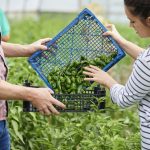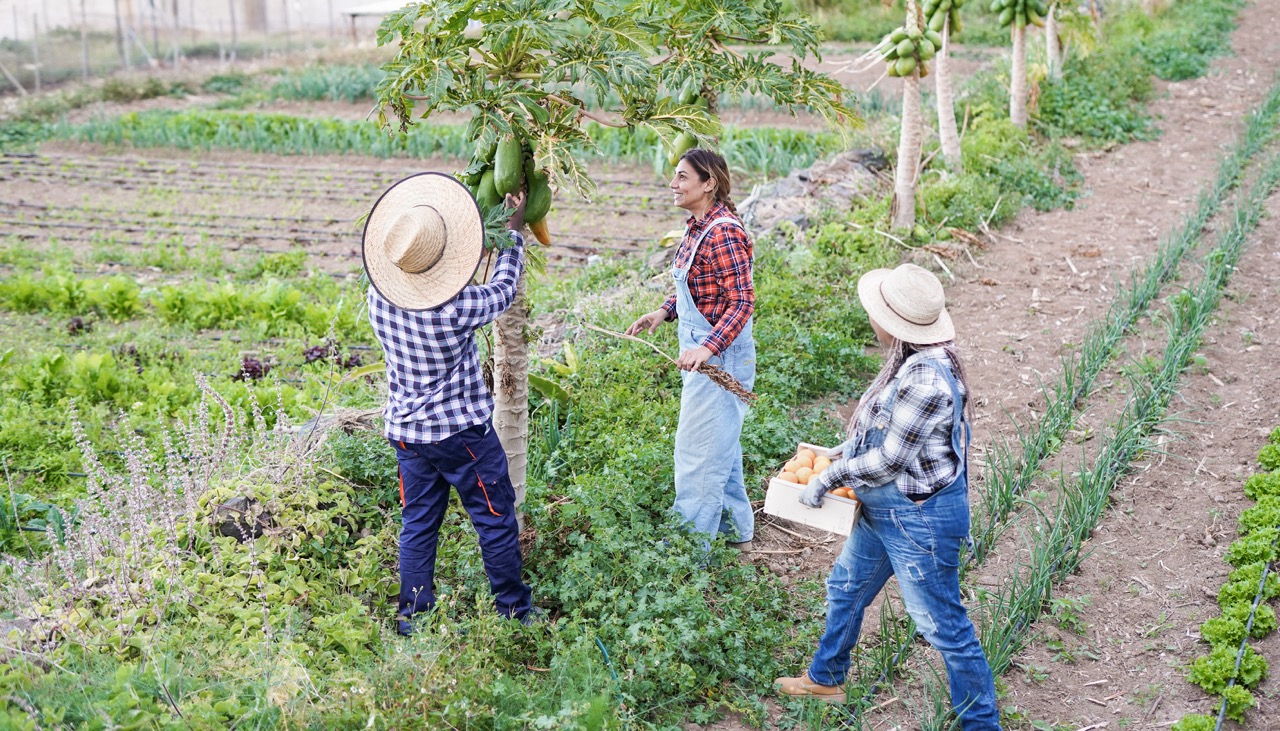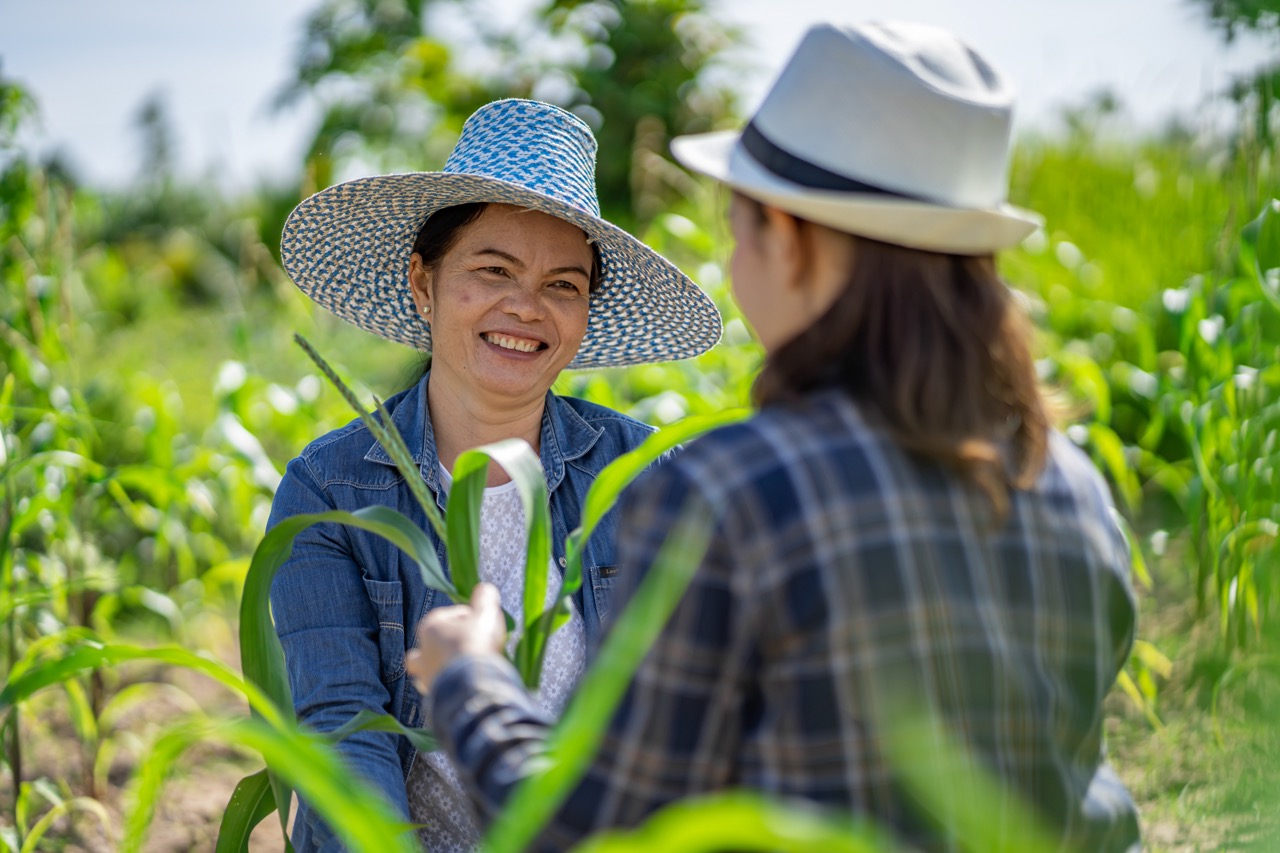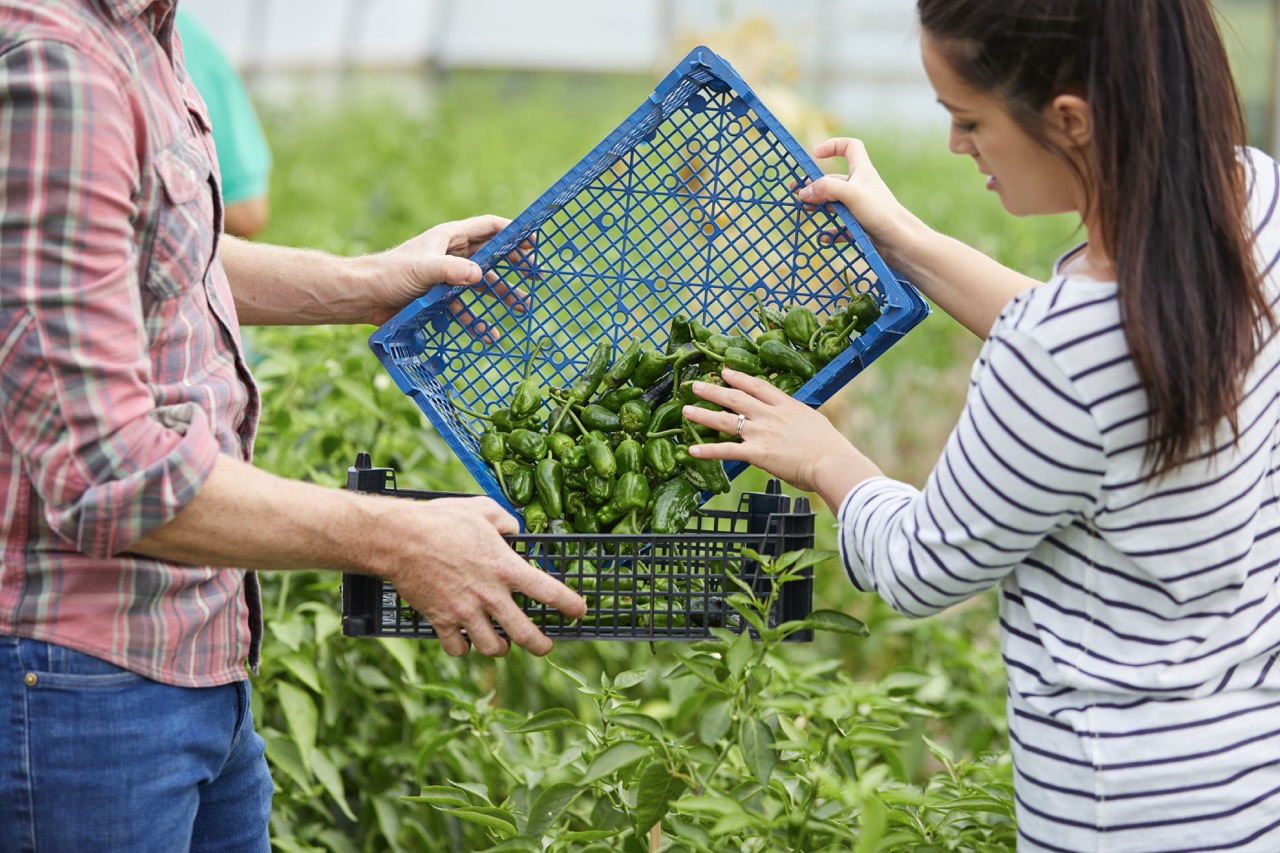Farming is a labor-intensive and often unpredictable endeavor, and one of the significant challenges farmers face is the threat of pests. While chemical pesticides have been the go-to solution for decades, there is a growing awareness of the negative impacts these chemicals can have on the environment and human health. As such, many farmers are looking for natural alternatives to protect their crops. This article will explore the impact of common farm pests, effective natural remedies, preventive measures, and best practices for integrating these solutions into sustainable farming.
Understanding the Impact of Common Farm Pests on Crops
Farm pests pose a serious threat to crop yield and quality, often resulting in significant economic losses for farmers. Insects like aphids, caterpillars, and beetles can decimate crops if left unchecked, not only reducing the quantity of produce but also impacting its quality. Furthermore, pests can introduce diseases that can spread rapidly among plants, compounding the damage. Understanding the life cycles and feeding habits of these pests is crucial for implementing effective management strategies.
In addition to direct damage, pests can alter the ecological balance of the farm, affecting beneficial insects and other organisms that play vital roles in pollination and pest control. The loss of biodiversity can lead to a cyclical increase in pest populations, creating an ongoing struggle for farmers who rely heavily on chemical solutions. This highlights the need for a more holistic approach to pest management that prioritizes the health of the entire ecosystem.
Moreover, the overuse of chemical pesticides can lead to the development of pesticide-resistant pests, making them harder to control over time. This resistance often forces farmers to increase their pesticide applications or switch to stronger chemicals, perpetuating a cycle of dependency. As the agricultural sector moves towards sustainable practices, understanding the impact of common farm pests is essential for developing effective natural pest management strategies.
Effective Natural Remedies to Combat Farm Pests
Various natural remedies can effectively combat farm pests while promoting a healthier ecosystem. One popular method is the use of insecticidal soaps and oils, which can suffocate soft-bodied insects such as aphids and spider mites. These products, derived from natural ingredients like vegetable oils or fatty acids, are biodegradable and less harmful to beneficial insects. Farmers can apply these remedies directly to affected plants, ensuring minimal disruption to the environment.
Another effective natural remedy is the introduction of beneficial insects, such as ladybugs and lacewings, which prey on harmful pests. By creating an inviting habitat for these natural predators—such as planting nectar-rich flowers—farmers can enhance their pest control efforts without chemicals. This method not only helps to keep pest populations in check but also encourages the overall biodiversity of the farm ecosystem.
Additionally, homemade repellents can be crafted from everyday household items. Solutions containing garlic, hot peppers, or neem oil have proven effective against a variety of pests. Spraying these mixtures on affected plants can deter pests without causing harm to the crops or surrounding wildlife. These natural remedies provide farmers with a toolkit for managing pests in a more sustainable and environmentally friendly manner.
Preventive Measures for Sustainable Pest Management
Preventive measures play a crucial role in sustainable pest management, allowing farmers to reduce the likelihood of pest infestations before they occur. Crop rotation is one of the most effective strategies, as it disrupts the life cycles of pests and pathogens that thrive in specific crops. By alternating crops each season, farmers can break pest cycles and enhance soil health, promoting a more resilient farming system.
Another essential preventive measure is the implementation of proper sanitation practices on the farm. Cleaning tools, removing debris, and managing organic waste can significantly reduce the habitats where pests thrive. Additionally, maintaining healthy soil through organic amendments such as compost can improve plant vitality, making them less susceptible to pest damage. Healthy plants are better equipped to resist pest attacks, creating a more sustainable farming environment.
Regular monitoring and scouting for pests are also critical in preventing infestations. By regularly inspecting plants and identifying early signs of pest activity, farmers can take swift action using natural remedies before populations escalate. This proactive approach not only helps in managing pests effectively but also reduces the reliance on reactive chemical treatments, further promoting sustainability in agriculture.
Best Practices for Integrating Natural Solutions on Farms
Integrating natural solutions into farming practices requires a strategic approach to ensure effectiveness and sustainability. Farmers should begin by educating themselves about the specific pests affecting their crops and the natural remedies available. Understanding the biology and behavior of pests can inform better management decisions and allow farmers to select the most appropriate natural solutions for their specific needs.
Creating a diverse planting strategy is another best practice for integrating natural pest control. By planting a variety of crops, farmers can create a more balanced ecosystem that naturally deters pests and attracts beneficial insects. This diversity can also improve soil health and resilience against diseases, leading to better overall crop performance. Cover cropping and intercropping can further enhance this strategy, as they provide habitat for beneficial organisms and disrupt pest cycles.
Finally, collaboration and information-sharing among farmers can amplify the effectiveness of natural pest management strategies. Participating in local agricultural groups or online forums can provide valuable insights into successful practices and innovations. Sharing experiences and observations can help farmers learn from one another and develop tailored solutions that work best in their unique environments, leading to a more sustainable agricultural community.
Navigating the challenges posed by common farm pests is an ongoing concern for farmers, but embracing natural pest management strategies can pave the way for healthier crops and ecosystems. By understanding the impact of pests, utilizing effective natural remedies, and implementing preventive measures, farmers can create a sustainable farming environment. The integration of these practices not only benefits individual farms but also contributes to the broader goal of sustainable agriculture, promoting ecological health and resilience for future generations.








